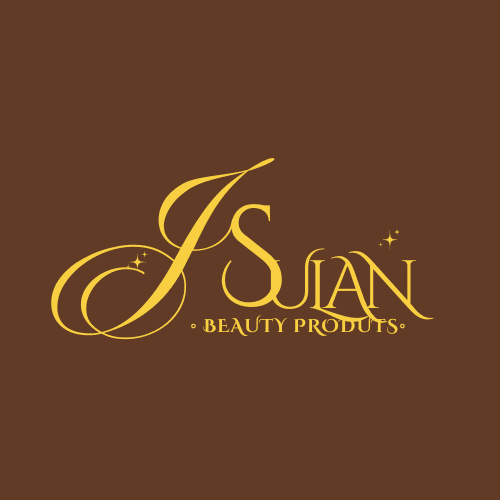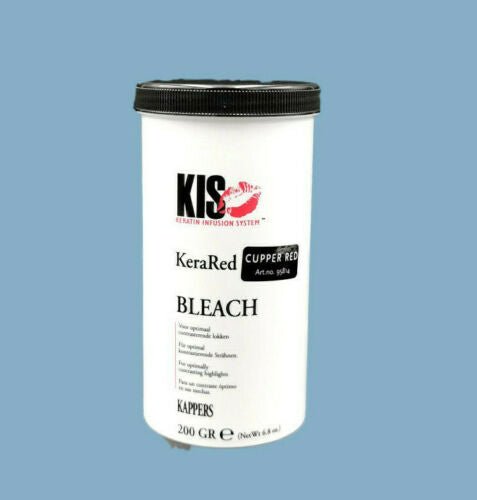- All
- Haar cream

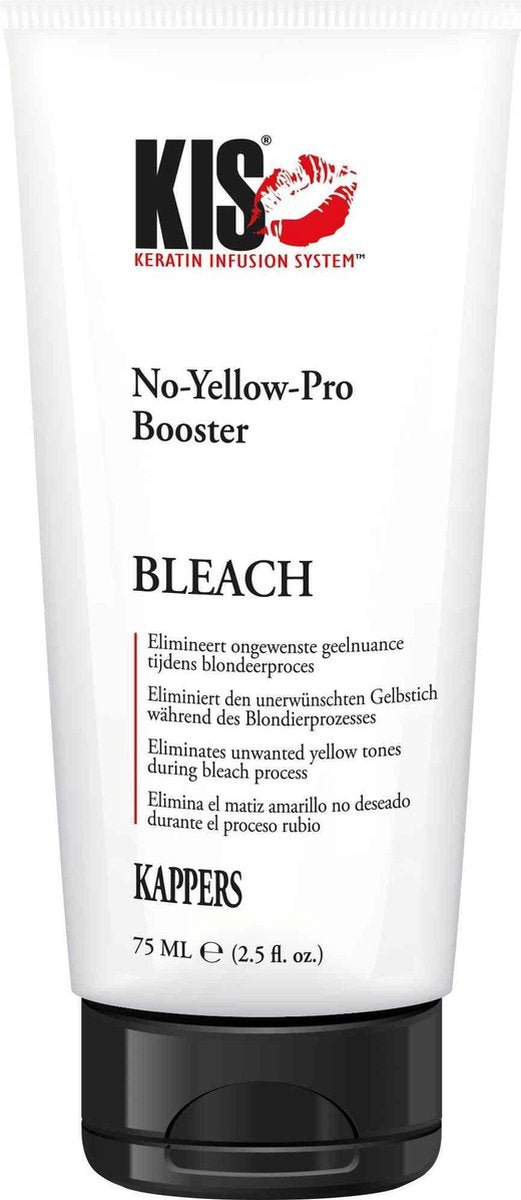
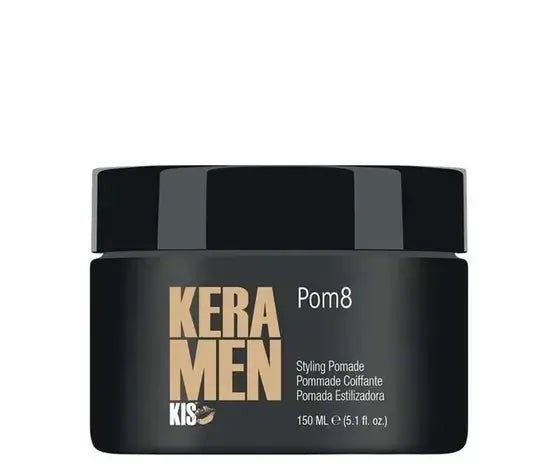
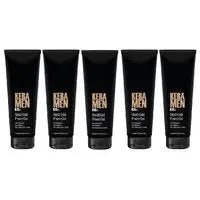
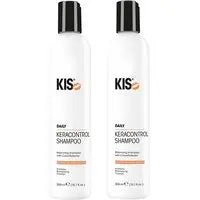
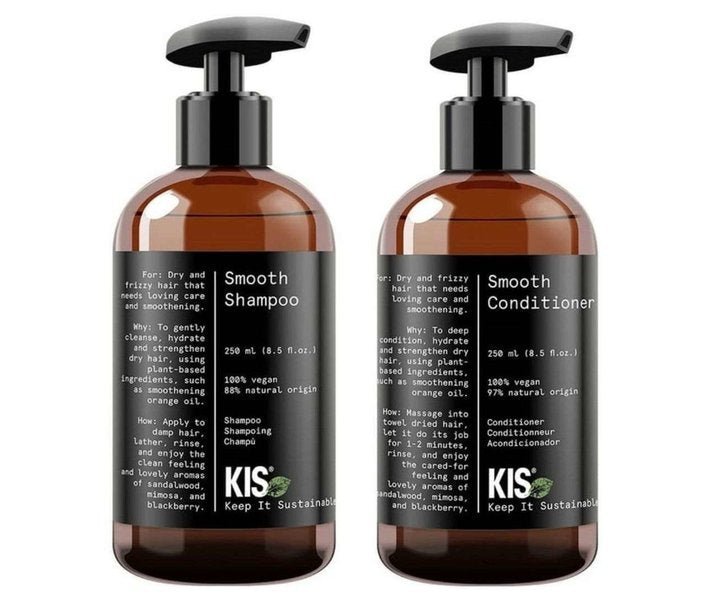
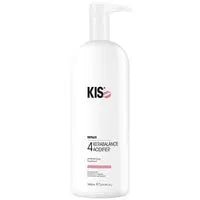
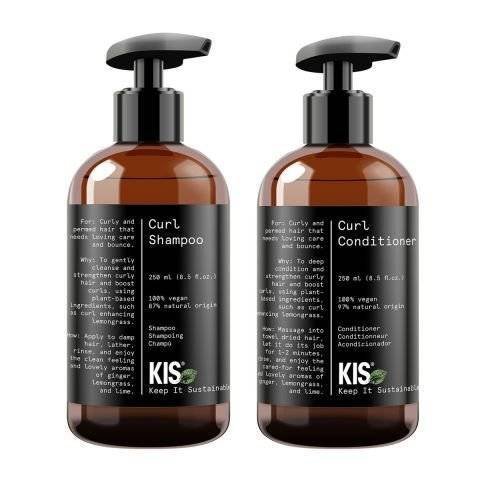
Best Hair Care Solutions – Natural Haircare
Find the hair care solutions sought out for every hair type! Shop natural haircare products for curly, wavy, or straight hair and achieve good hair every day. The products on sulan for hair care include shampoo and conditioner which is one the all-time key solutions for scalps, hair loss, and damaged hair. Healthy hair does not need any hair color but proper hair oil, and some of our branded hair products. We have one the finest solutions for all the curl’s hair to nourish Kis and Abzhek. Natural and beautiful hair needs natural ingredients, proteins, biotins, cleanse, and hair masks, These products are for sale on sulan. Hair care products which are used mostly for hair growth as we say in Dutch “Voor” are hair serum, rosemary oil, care shampoo, and argan oil.
Hair care product benefits
To leave in for thick, bold, and thicker hair, Haar in Dutch washes properly with Shampoo to escape from dry hair and hair scalp. Nourish your hair daily to prevent hair loss and take care of your hair. Someone with beautiful strong hair means she or he has cared for hair that helps him or her grow his hair and protects against dandruff. Some shampoos are enriched with vitamin E, and collagen which can be useful for healthier haar.
How to use hair care producten
For natural haircare use avocado oil, and keratin, and provide rich protein-based intensive care. Hair and scalps will never allow your hair to reach the desired length of your hair, but care for your hair helps you prevent these not needed dryness if you use these hair tools, conditioners, Shampoos, and driers properly with the precaution of the experts, your hair falls will stop soon. The usage of these Shampoos and other items that hairdressers use depends on the types of hair, scalp and hair, and either curly hair or maybe straight hair. Haircare is the alternative to the best quality of fashion.
Total Process for Caring for Hair
A comprehensive routine for caring for your hair involves several steps to maintain its health and vibrancy. Here’s a detailed breakdown of the total process:
1. Assessment
- Understand Your Hair Type: Identify if your hair is straight, wavy, curly, or coily, and whether it’s fine, medium, or thick.
- Scalp Condition: Check if your scalp is oily, dry, or normal, which will influence the products you choose.
2. Cleansing
- Choose the Right Cleanser: Select a tailored cleanser for your hair type (moisturizing for dry hair, clarifying for oily hair).
- Frequency: Wash your hair 1-3 times a week based on your hair type and lifestyle.
- Technique: Apply the cleanser to the massaging gently. Rinse thoroughly.
3. Conditioning
- Use a Conditioner: After cleansing, apply a conditioner suited for your hair type to help detangle and nourish.
- Leave-In Conditioners: For extra moisture, consider using a leave-in treatment.
- Deep Conditioning Treatments: Once a week, use a deep conditioning mask for intense hydration.
4. Styling
- Heat Protection: Always apply a heat protectant before using heat styling tools.
- Choose the Right Products: Use gels, mousses, or creams based on the style you want to achieve (e.g., volumizing products for fine hair).
- Minimize Heat Usage: Limit the use of hair dryers, curling irons, and straighteners to prevent damage.
5. Drying
- Gentle Drying: Use a microfiber towel or a cotton T-shirt to gently blot excess water. Avoid vigorous rubbing.
- Air Dry When Possible: Letting your hair air dry is healthier than using heat.
6. Trimming
- Regular Trims: Schedule a trim every 6-8 weeks to remove split ends and promote healthy growth.
7. Protection
- Protect from Environmental Damage: Wear a hat in the sun and use UV protection sprays.
- Avoid Tight Hairstyles: Loose styles help prevent breakage and tension on the hair.
![]()
8. Nutrition and Hydration
- Balanced Diet: Eat a diet rich in vitamins and minerals (like biotin, vitamins A, C, and E) to support hair health.
- Stay Hydrated: Drink plenty of water to keep your hair hydrated.
9. Scalp Care
- Regular Exfoliation: Use a scrub or exfoliating treatment occasionally to remove buildup.
- Massage: Gently massage your to stimulate blood circulation.
10. Sleep Care
- Silk or Satin Pillowcases: These materials reduce friction, helping to minimize frizz and breakage.
- Loose Hairstyles: Consider loose braids or buns to prevent tangling while sleeping.
Avoid these in Shampoo and hair care
When selecting a specific haircare products, it’s crucial to be aware of harmful ingredients that can damage your hair. Here are some ingredients to avoid in your care o hair products and haircare routine:
1. Sulfates
Sulfates, such as sodium lauryl sulfate (SLS) and sodium laureth sulfate (SLES), are common foaming agents in washers. They can strip your hair of its natural oils, leading to dryness and irritation.
2. Parabens
Parabens are preservatives used in many shampoos and haircare products to prevent microbial growth. However, they can disrupt hormone function and may lead to health concerns.
3. Alcohols
Certain alcohols, like ethanol and isopropyl alcohol, can be very drying to your hair. Opt for shampoos that use fatty alcohols, which can provide moisture instead.
4. Silicones
Silicones create a smooth surface on the hair, giving it a shiny appearance. However, they can build up over time, making hair feel heavy and preventing moisture from penetrating.
5. Artificial Fragrances
Many shampoos contain synthetic fragrances that can cause allergic reactions or irritate the dried. Look for fragrance-free options or those with natural essential oils.
6. Formaldehyde and Formaldehyde-Releasing Agents
Some shampoos contain formaldehyde or agents that release formaldehyde, which is a known carcinogen. Avoiding these is vital for your overall health.
Conclusion
Being mindful of the ingredients in your shampoo and haircaring products is essential for maintaining healthy hair. Opt for natural or sulfate-free shampoos to nourish your hair without harmful additives. By avoiding these detrimental ingredients, you can enhance the health and appearance of your hair.
FAQs
1. What should I look for in a good shampoo?
Look for sulfate-free formulas, natural ingredients, and options tailored to your hair type.
2. Are natural shampoos better than commercial ones?
Natural shampoos often avoid harmful chemicals, making them gentler on your hair.
3. Can I use the same shampoo every day?
Using the same shampoo daily can lead to buildup; consider rotating with a clarifying shampoo occasionally.
4. How can I tell if a shampoo contains harmful ingredients?
Always read labels and look for terms like sulfates, parabens, and silicones. Research products before purchasing
